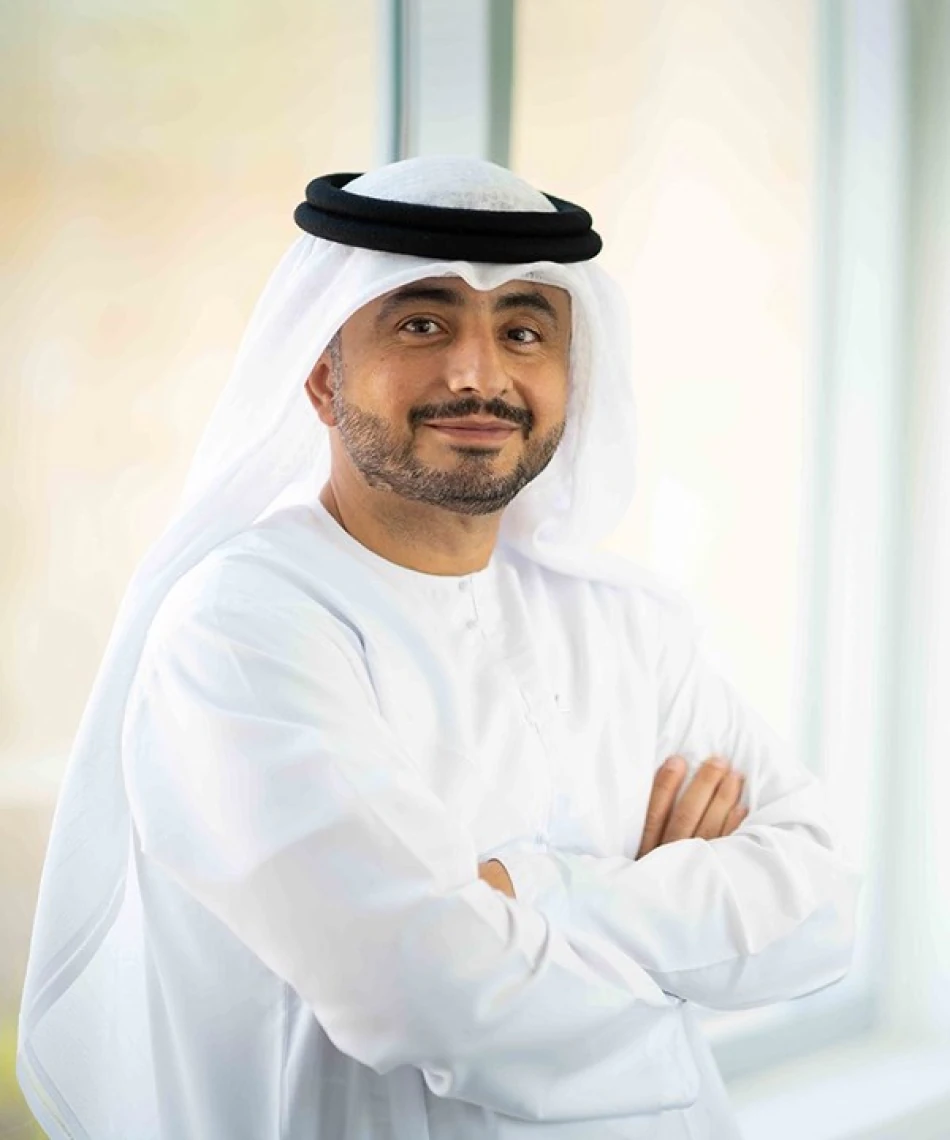
Satellite Operator Ali Al-Hashemi Elected as President of Global Satellite Provider Association
UAE Executive Becomes First Emirati to Lead Global Satellite Operators Association
Ali Al Hashemi, CEO of Space Services at Space42, has been appointed chairman of the Global Satellite Operators Alliance (GSOA), marking a historic milestone as the first Emirati to hold this influential position. The appointment signals the UAE's growing prominence in the global space economy and reflects the country's strategic push to become a major player in satellite communications and space technology.
Strategic Leadership Transition
Al Hashemi's elevation from vice president, a role he held since 2023, comes at a critical juncture for the satellite industry. With over two decades of experience spanning telecommunications, defense, and space sectors, his appointment represents more than symbolic recognition—it positions the UAE at the center of global satellite policy and commercial decision-making.
The timing is particularly significant given the rapid expansion of satellite constellations, the emergence of direct-to-device communications, and increasing geopolitical tensions over space assets. GSOA serves as the primary international platform for satellite industry cooperation, making Al Hashemi's leadership role strategically valuable for UAE's space ambitions.
Space42's Expanding Footprint
Recent Achievements and Market Position
Under Al Hashemi's leadership, Space42 has executed several high-profile initiatives that demonstrate the UAE's growing satellite capabilities. The January 2025 launch of the Thuraya-4 satellite represents a significant upgrade to the company's mobile satellite communications network, targeting underserved markets across Africa, Asia, and Europe.
Perhaps more telling is the rollout of direct-to-device (D2D) satellite services in Africa—a technology that allows standard smartphones to connect directly to satellites without cellular towers. This positions Space42 alongside industry leaders like SpaceX's Starlink and AST SpaceMobile in the race to provide ubiquitous global connectivity.
Corporate Evolution and Market Strategy
Al Hashemi's track record includes orchestrating Yahsat's public listing on the Abu Dhabi Securities Exchange in 2021, before its merger to form Space42. This financial milestone demonstrated the commercial viability of UAE's satellite ventures and attracted international investment to the sector.
His oversight of the Amrok advanced maintenance, repair, and overhaul center further illustrates the UAE's strategy to build comprehensive space industry capabilities, not just satellite operations but also supporting infrastructure that could serve the broader Middle East and Africa regions.
Regional Competition and Global Implications
The appointment reflects intensifying competition among Gulf states to dominate the regional space economy. While Saudi Arabia has announced ambitious plans through its Saudi Space Agency, and Qatar has invested heavily in satellite communications, the UAE's approach has been more commercially focused and internationally integrated.
Al Hashemi's dual roles—serving on boards of both the UAE Space Agency and the National Space Science and Technology Center—create direct channels between commercial satellite operations and national space policy. This alignment could accelerate the UAE's development as a space hub, similar to how Singapore positioned itself in maritime logistics or how Luxembourg became a center for space resource companies.
Industry Outlook and Strategic Value
For satellite operators globally, Al Hashemi's leadership brings perspective from a rapidly growing market region. The Middle East and Africa represent some of the fastest-growing markets for satellite communications, driven by infrastructure gaps, mobile connectivity demands, and government digitization initiatives.
His appointment also comes as the satellite industry faces regulatory challenges around spectrum allocation, orbital debris, and international coordination. Having leadership from a country that has successfully balanced relationships with both Western and Eastern space powers could prove valuable for navigating these complex issues.
The selection ultimately validates the UAE's decade-long investment in space capabilities, from the Mars mission to satellite manufacturing. For investors and industry players, it signals that the UAE has moved beyond being merely a customer of space services to becoming a significant influence in shaping the industry's future direction.
Most Viewed News

 Layla Al Mansoori
Layla Al Mansoori






